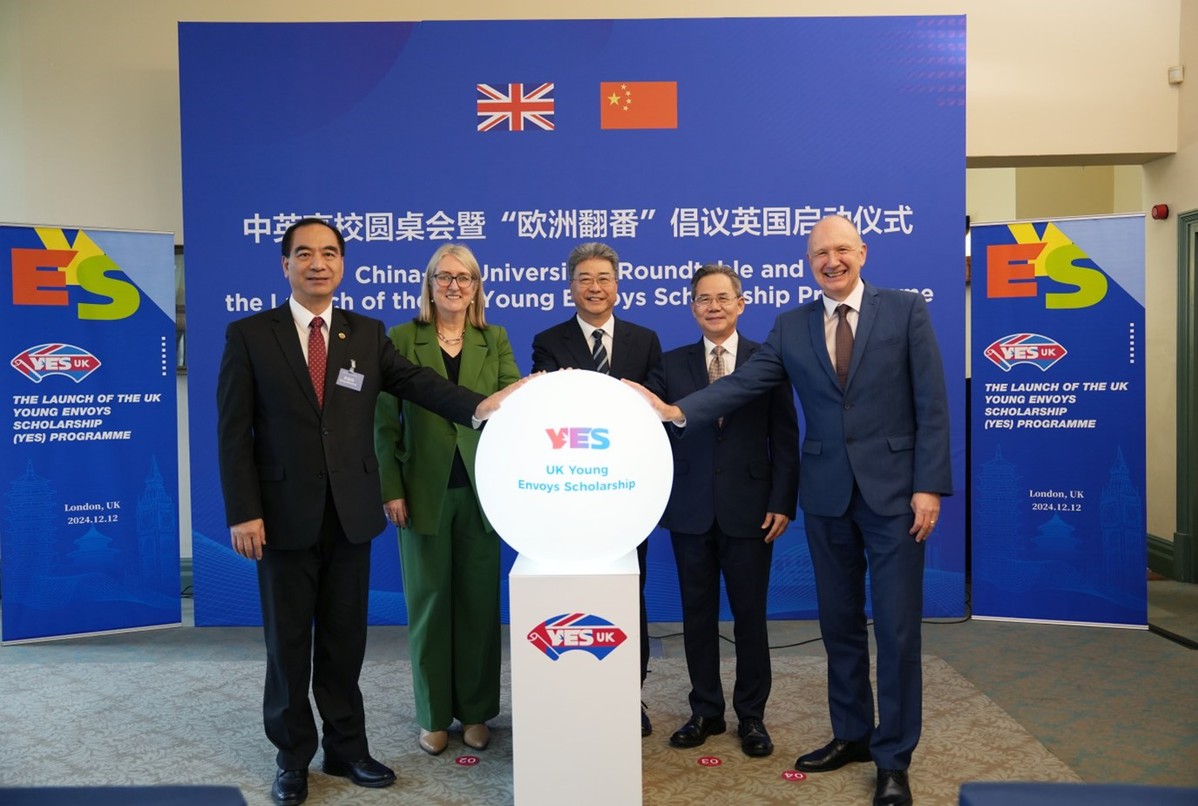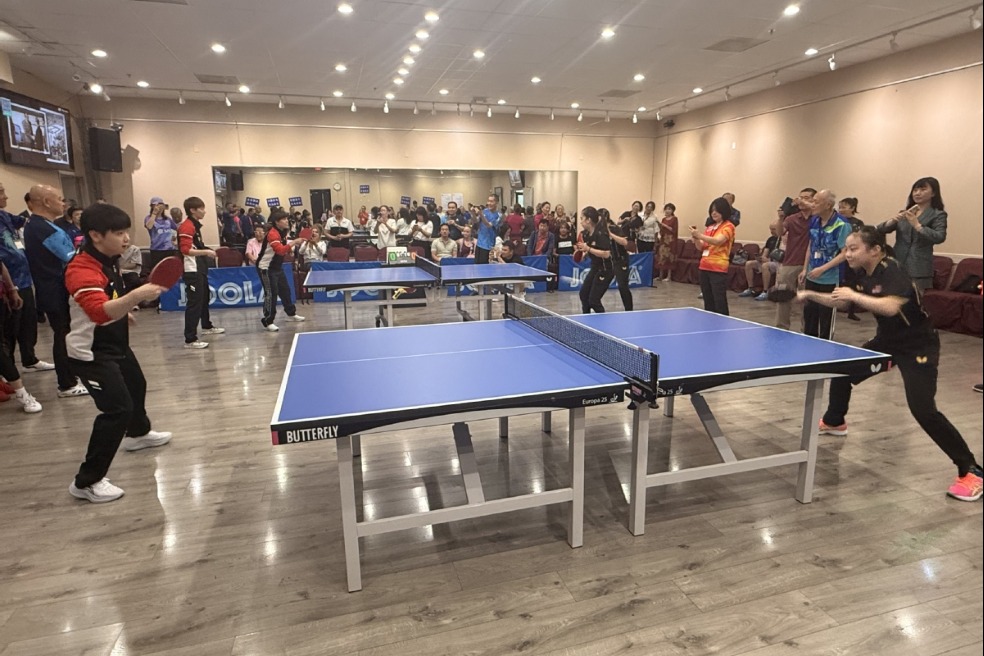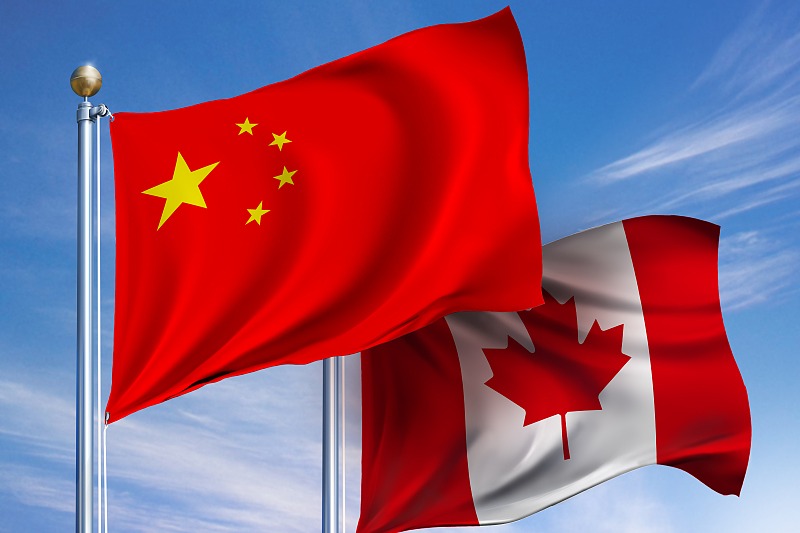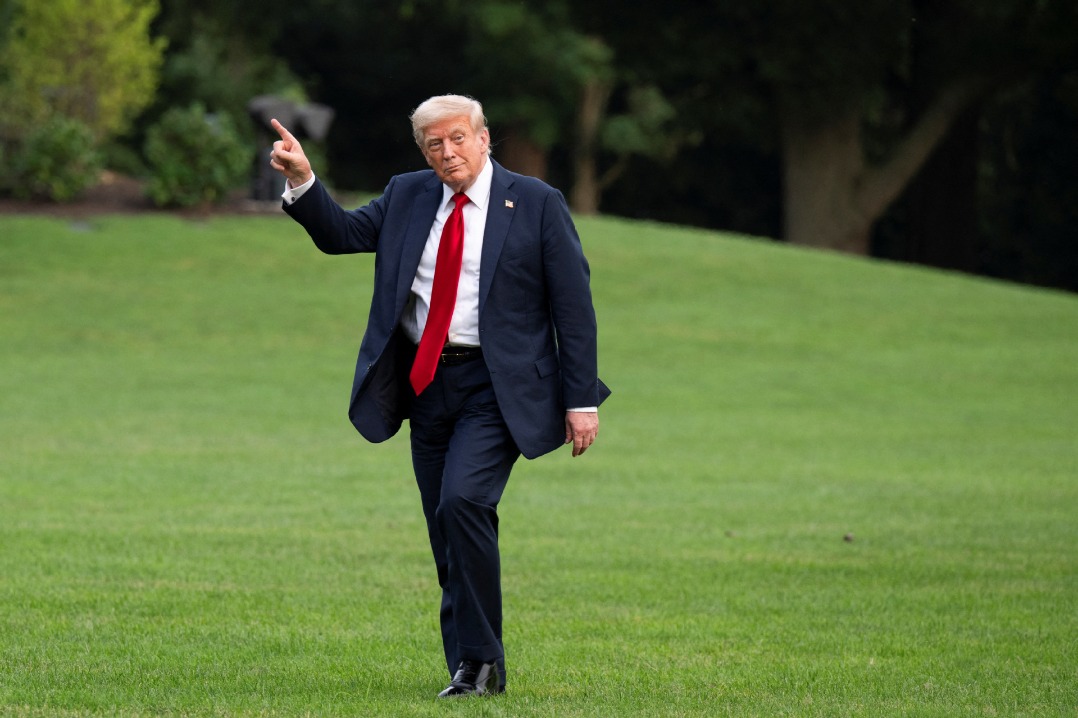Education cooperation between China and UK further enhanced


The China-UK Universities Roundtable and launch ceremony for the UK Young Envoys Scholarship Programme were held on Thursday in London, in a move to step up bilateral cooperation in education and culture.
More than 100 people, including China's Ambassador to the United Kingdom Zheng Zeguang, Vice-Minister of Education Wu Yan, Jacqueline Smith, minister of state in the UK's Department for Education, and representatives from 24 Chinese and British universities and education institutions participated in the event at Queen Mary University of London.
Zheng said in his speech that enhancing educational exchanges and collaboration meets the common interests of both sides and the shared aspirations of people in both countries.
President Xi Jinping and UK Prime Minister Keir Starmer highlighted the importance of strengthening bilateral cooperation in education and culture during their meeting at the G20 Summit in Brazil in November.
"The China-UK Universities Roundtable and the launch of the UK Young Envoys Scholarship Programme are concrete actions to implement the important common understanding reached between our leaders," Zheng said.
During his visit to Europe in May, Xi announced an important initiative to double the scale of European youth exchanges in China in three years. The initiative aims to deepening mutual understanding and friendship among the youths of China and Europe. The UK Young Envoys Scholarship, or YES, Programme is part of this important initiative.
Universities are major contributors to China-UK educational cooperation. In the past five years, 24.8 percent of UK academic articles, including those co-authored with China, have achieved a citation impact of twice the global average. Through education cooperation, both countries have provided a large talent pool in the economic, scientific, and cultural sectors.
Stressing that friendship among young people is key to the future of China-UK relations, Zheng said China supports exchanges and mutual learning between youths.
He said it is "heartening" to see that about 200,000 Chinese students are studying in the UK, and, every year, around 12,000 British students go to China for long-term or short-term studies.
"We welcome more exchanges like these, and are convinced that the launch of the UK Young Envoys Scholarship Programme will certainly create more opportunities for this," Zheng said.
Wu highlighted the progress made in exchanges between Chinese and British universities under the YES Programme.
"I hope young people from China and the UK cherish the opportunities offered by the program, widen their horizons and make friends through exchanges, and contribute to the future of China-UK relations and Euroasia continent," Wu said.
Smith said she "very much welcomes" the program providing further opportunities for young people in the UK to experience a culture other than their own, to develop relationships, and to build friendships.
"The program enables our young people to engage in cultural exchange and academic association," she said. "By participating in this scheme, students from both our nations will gain in valuable experiences, develop deeper understanding of each other's cultures, and build lasting relationships that will benefit our societies.
"Given the popularity of China as a destination under the touring scheme, I'm sure that the program will be in very high demand in the UK."

































